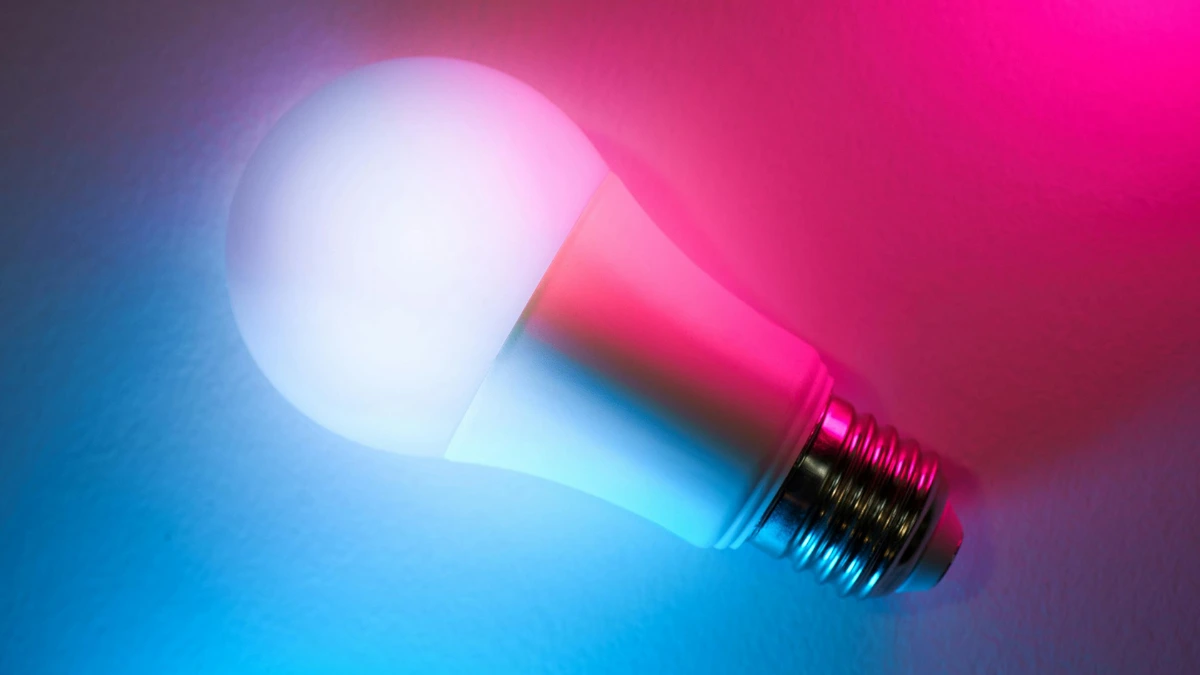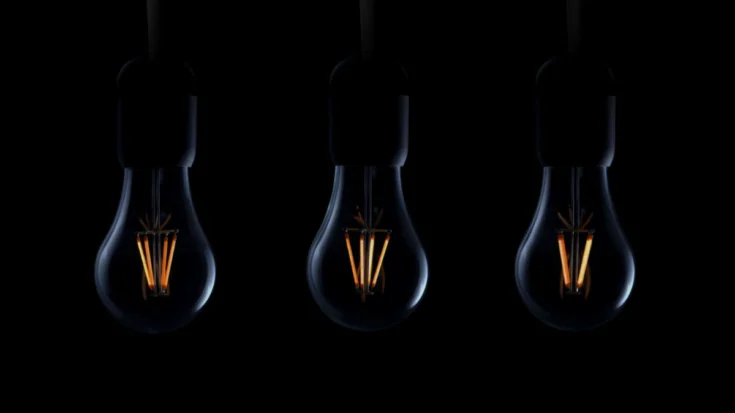Smart lighting that is based Internet of Things (IoT) has several benefits such as security improvements, handy remote control, to energy savings. Like other technology, the advantages and disadvantages of smart lighting are exactly found in this technology.
The advantages and disadvantages of smart lighting are coverage ease of operation the security and privacy of this technology. Of course, the advantages and disadvantages of smart lighting need your consideration before choosing the technology for your lighting.
This article will give you information on the advantages and disadvantages of smart lighting that you need to know for your consideration.
The Advantages and Disadvantages of Smart Lighting
Here are the advantages and disadvantages of smart lighting that became your consideration in maximizing your lighting room.
The Advantages of Smart Lighting

The advantages of smart lighting cover from ease of operation to energy efficiency. Here are the advantages of smart lighting:
1. Ease of operation
One of the main advantages of smart WiFi lights is their ease of operation. With an app on your smartphone or voice commands via a smart assistant, you can control your lights from anywhere and at any time.
This is especially useful if you forget to turn off the lights before leaving or want to turn them on before arriving home.
2. Integration with smart home ecosystem
WiFi smart lights can connect to other smart home devices such as motion sensors, security cameras, and HVAC systems.
This integration enables more advanced automation, such as lights that turn on when motion is detected or lights that adjust brightness based on activity in the home.
3. Light and color adjustments
WiFi smart lights provide the ability to adjust the brightness level and light color according to your preferences and mood.
You can change the color of the lights to create different atmospheres in the room, such as blue light for relaxation or bright white light for working.
4. Automatic schedule settings
WiFi smart lights allow you to set an automatic schedule so that the lights turn on and off at the desired time.
For example, you can set it to turn on at sunset and off at sunrise. This highlight not only gives comfort but also makes a difference in spare energy.
5. Efficient energy use
Most WiFi smart lights use energy-saving LED technology. In addition, the brightness adjustment and automatic schedule setting features also contribute to reducing overall energy consumption.
The Disadvantages of Smart Lighting

The disadvantages of smart lighting cover from security and privacy to its dependence on internet connection. Here are the disadvantages of smart lighting:
1. Security and privacy
Since WiFi smart lights are connected to the internet, there are potential risks regarding security and privacy. These smart devices can become targets for cyberattacks if they are not properly protected. Therefore, it is very important to keep your device’s firmware up to date and use a strong password.
2. More complicated installation
The process of installing smart WiFi lights is generally more complicated than ordinary lights. You need to connect the lamp to a WiFi network and configure the control app on your smartphone. While this process is generally quite easy, some people may find it too complicated.
3. Higher prices
One of the main disadvantages of smart WiFi lights is that they are more expensive than conventional lights. The initial costs of purchasing smart WiFi lights and supporting devices such as hubs or bridges can be quite large.
4. Dependence on the internet
WiFi smart lights require a stable internet connection to function properly. If there is a problem with the WiFi network or internet interference, you may have difficulty controlling the lights via a smartphone or voice assistant.
Knowing the advantages and disadvantages of smart lighting, hopefully, becomes your consideration before choosing the technology. So right now, you can choose the right lighting for your needs. [UN]

